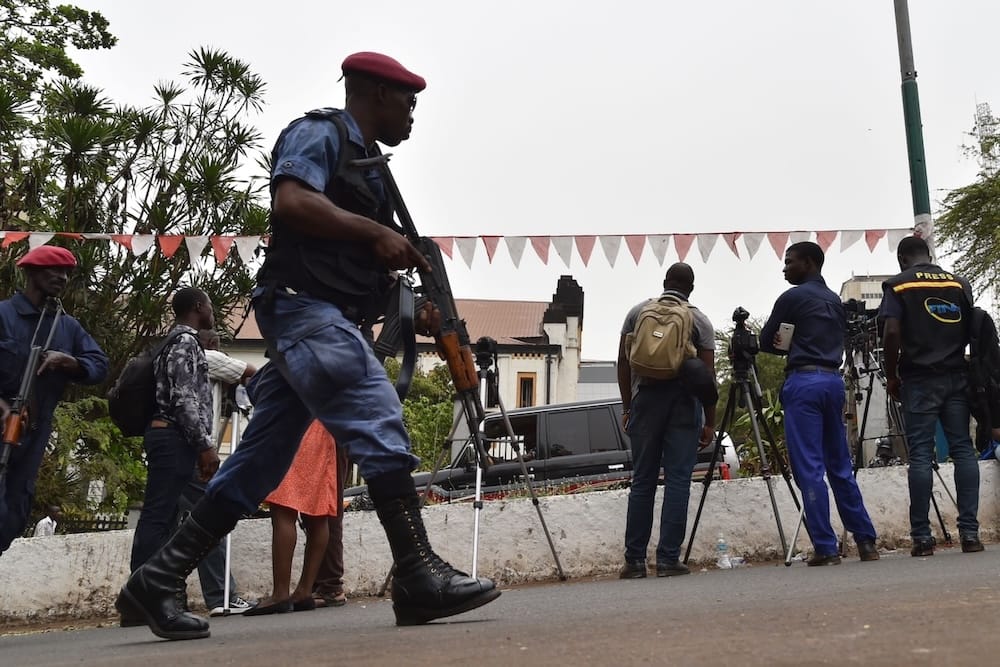Sierra Leone’s proposed Counter-Terrorism Act, 2024, has sparked growing concern among media and civil society groups, who warn that broad and ambiguous provisions within the bill could seriously undermine freedom of expression, press freedom, and civic activism.
The Media Foundation for West Africa (MFWA) has joined the Sierra Leone Association of Journalists (SLAJ) and other stakeholders in voicing alarm over language in the bill that, if left unamended, could criminalize standard journalistic practices. Critics say the proposed law risks repeating the overreach seen in the country’s recent cybercrime legislation.
Key sections of the bill—particularly Sections 12, 13, 18, and 19—introduce severe penalties of at least 30 years in prison for activities such as interviewing or quoting alleged terrorists, reporting on alleged misconduct by security forces, and covering protests by radical groups. Such provisions, the MFWA warns, could deter legitimate investigative journalism and stifle public interest reporting.
Section 21 of the bill further criminalizes the distribution of publications that may “encourage or induce terrorism,” carrying a minimum sentence of 25 years. A related clause, Section 22, extends this to online content. The MFWA argues that the vague nature of these clauses leaves them open to arbitrary interpretation, potentially targeting media professionals for critical reporting.
Another area of concern is the bill’s definition of terrorism in Section 12, which includes actions deemed “prejudicial to national security or public safety” or those that “create fear in a section of the public.” Coupled with Section 15, which outlaws activities that “disrupt essential services” or “compel a person to act or refrain from acting,” these provisions could be used to silence reporting on protests, labour unrest, corruption, or controversial government policies.
The MFWA supports SLAJ’s call for the bill to explicitly differentiate between genuine journalistic work and terrorist propaganda. The foundation insists that safeguards be included to protect journalists, activists, whistleblowers, and human rights defenders.
Both organizations are urging the Sierra Leonean Parliament to amend the bill by refining its definitions, reducing excessive penalties, and ensuring clear exemptions for journalistic and civic work. They also emphasize the need for a participatory and transparent legislative review process to build consensus in the fight against terrorism without compromising democratic freedoms.



